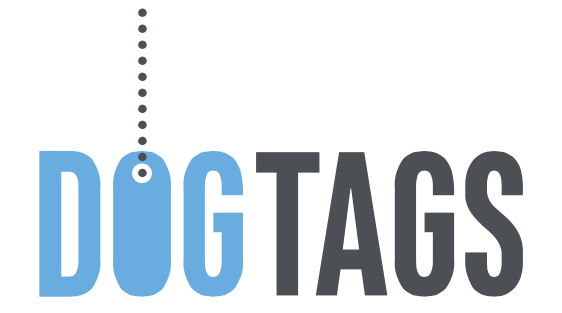There are lots of reasons your dog may be barking when left alone. Many dog owners whose neighbours have cause to complain, leap towards the conclusion that their dog has separation anxiety, and that could be the case but their may be other things going on too. Read on to see if any of these situations could be making your life harder.
- Your dog has excess energy. The most common reason for dogs playing up when left alone is that they haven’t had a chance to burn off some of their energy. Remember a tired dog is much more likely to lie down and relax while you’re out. If you know you will be leaving him for a while, make sure he’s had a long walk or good session chasing a ball before hand. Mental stimulation can also help tire a dog out. Try some nose games that may get your dog thinking.
- Your dog doesn’t like the quiet. If he is used to living in a busy environment with people coming and going, the quiet might not be as relaxing to a dog as you’d think. Suddenly when everyone leaves and the usual noises stop, he has a chance to get spooked by things he wouldn’t normally hear, like a neighbour singing in the shower or cats fighting in the street. Leave a radio on as background noise to trick your pup into believing there’s someone home and to drown out the other noises might disturb him.
- Your dog is bored. Bored dogs can be relied upon to find their own entertainment be it destroying a cushion or practising their best howl. If extra exercise hasn’t calmed him down you can give him a really entertaining ‘special’ toy to keep him occupied for a while. A treat filled toy will also provide entertainment until he decides it’s nap time.
- Your dog needs a confidence boost. Anxiety in dogs can cause many irrational behaviours, one of which is often being unable to cope with alone time. These circumstances often require professional help, so talk to us about how our trainers deal with nervous dogs. Socialisation and obedience training with lots of rewards can sooth an anxious dog and build the confidence he needs to cope. A trainer will also teach you techniques to build up the time slowly while encouraging quiet behaviour.
Emma Greenwood-Petrie is a partner and trainer at Dog Tags Training.


